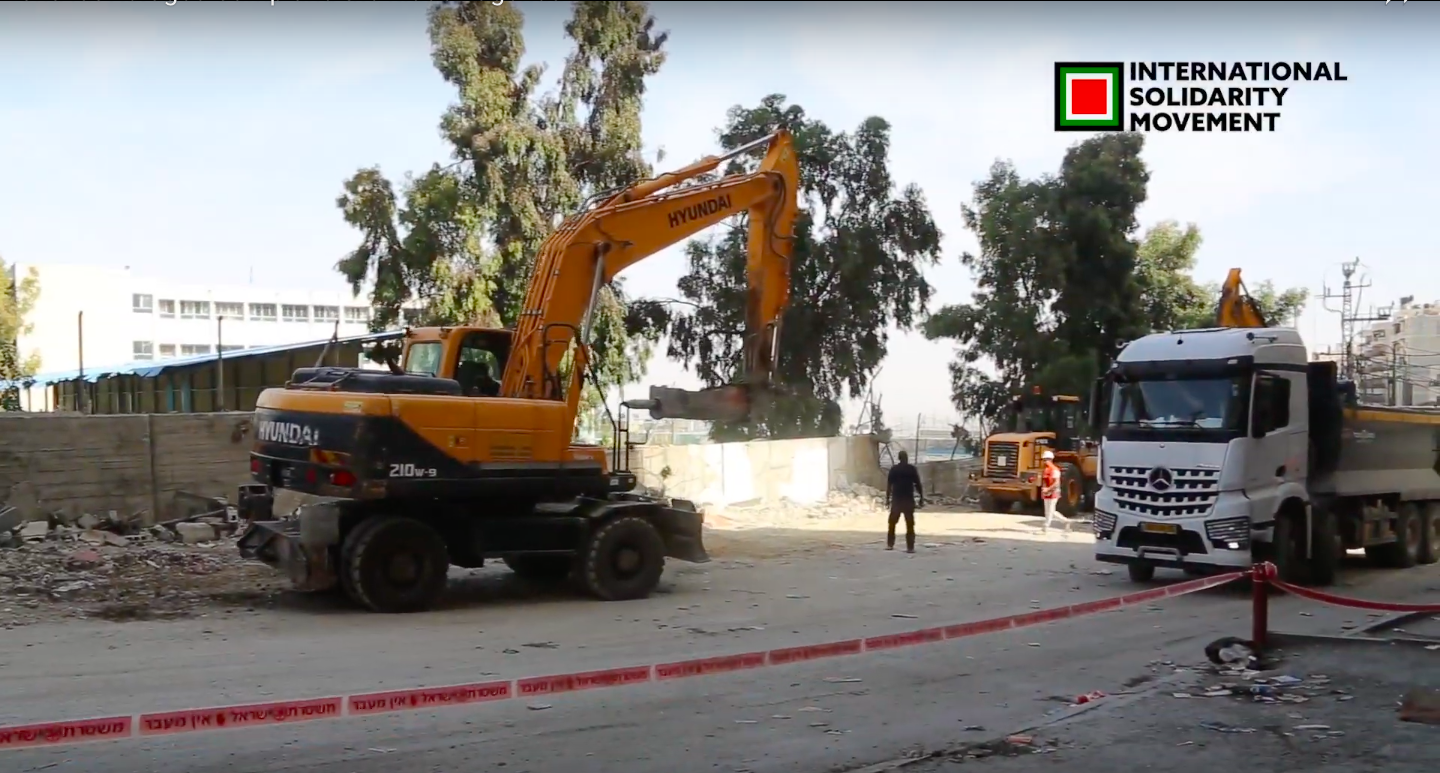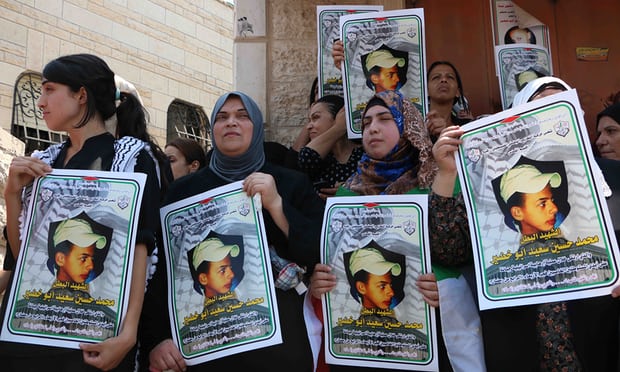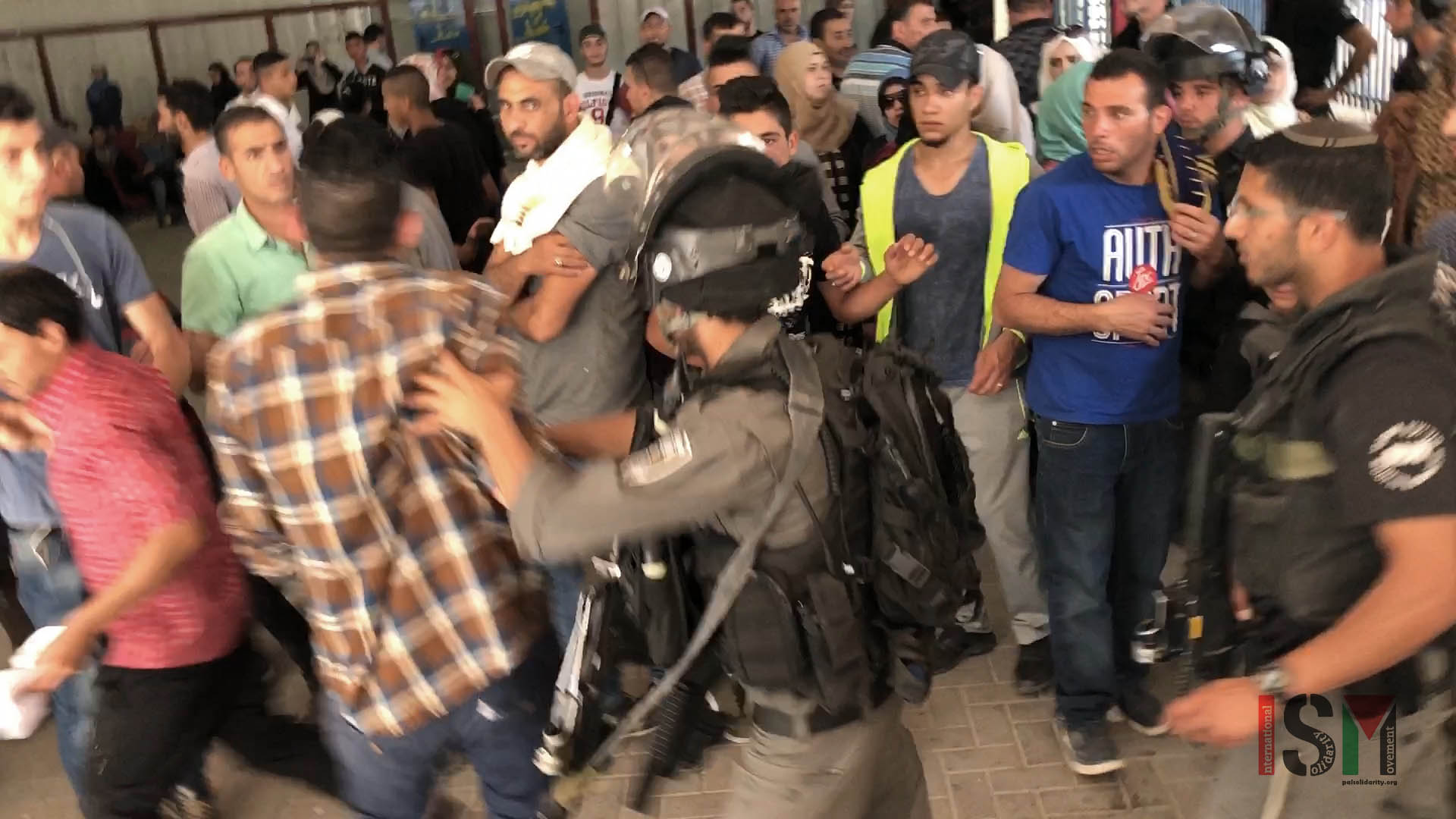Tag: Jerusalem
-
Shu’fat Refugee Camp and the hidden agenda
Recently, over 20 demolitions were carried out in the Shu’fat Refugee Camp by the Israeli Occupation Forces to make way for a wider road and inevitable future relocation of the residents of Jerusalem’s only refugee camp.
-
The four year anniversary of the murder of Mohammed Abu Khdeir
The 2nd of July 2018 is four years to the day since the kidnapping and murder of Mohammed Abu Khdeir, a 16 year old Palestinian boy from Shu’fat in East Jerusalem. The shocking nature of his murder and its context, occurring only 6 days before Israeli bombing campaigns in Gaza, make it a painful memory…
-
Israeli forces harass and assault Palestinians at Qalandiya checkpoint
Throughout the morning of Friday 8th June, many Palestinians passed through Qalandiya checkpoint into Israeli-occupied East Jerusalem, in order to pray at the Al-Aqsa mosque. The Israeli government allows a slight easing of the travel restrictions that ban most Palestinians in the West Bank from entering Jerusalem, only for Friday prayers during the month of…



